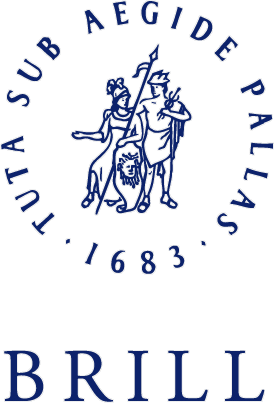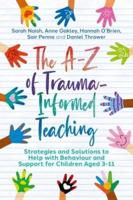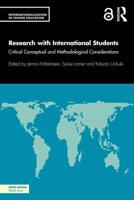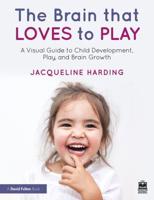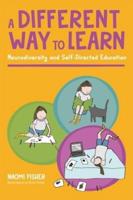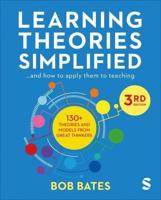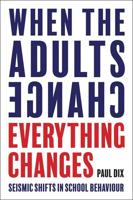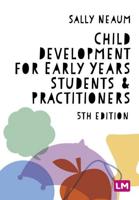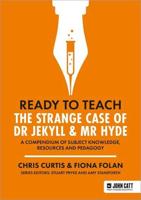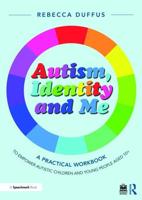Publisher's Synopsis
As we move forward well into the 21st century most citizens around the globe seemingly accept the rudiments of a democratic citizenship. And yet in spite of this broad acceptance, a clear articulation of what democratic citizenship entails remains somewhat elusive. In this book, Hyslop-Margison and Thayer achieve two critically important objectives in response to this problem. First, they successfully articulate the threat to democracy posed by current citizenship education programs that adopt a largely instrumental framework fostering passivity and compliance by protecting the established parameters of neo-liberal social design. Second, they show a way out of this anti-democratic trap by illustrating how critical theory, with its marvelous ability to provide trenchant critiques of capitalism and turn those critiques into concrete political action, provides the ideal pedagogical approach to educate our students effectively as future democratic citizens. The authors critique the conditions of modern democratic citizenship and distinguish a robust, or thick, version of citizenship based on citizen agency and participation in the construction of social reality from contemporary models that undermine citizen engagement. They contend that it is only through critical theory and the political agency it inspires that meaningful democratic change can and must occur. Hence, the role of education in their view is not merely to prepare students for a new economic reality, but to prepare them instead to shape that reality in more progressive and socially just ways. This book eloquently argues that the citizenship mission of schools ought to teach students what is possible rather than simply objectifying them as human capital being prepared for the inevitable impact of the policies determined by others.

